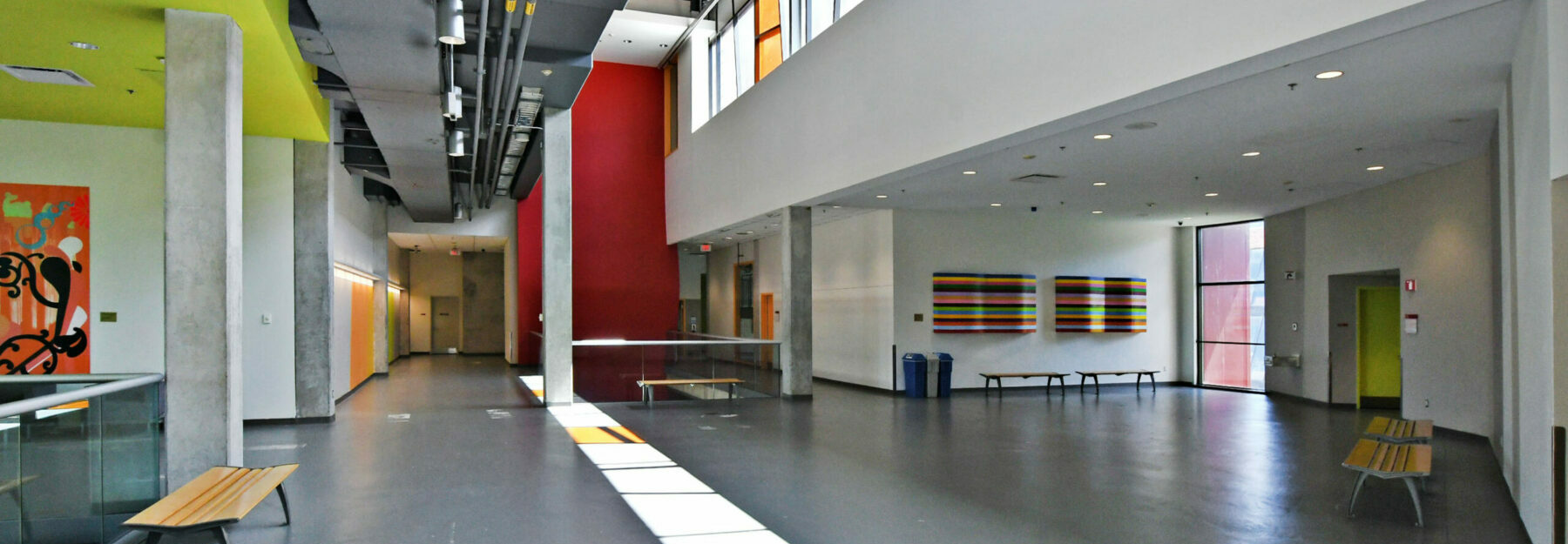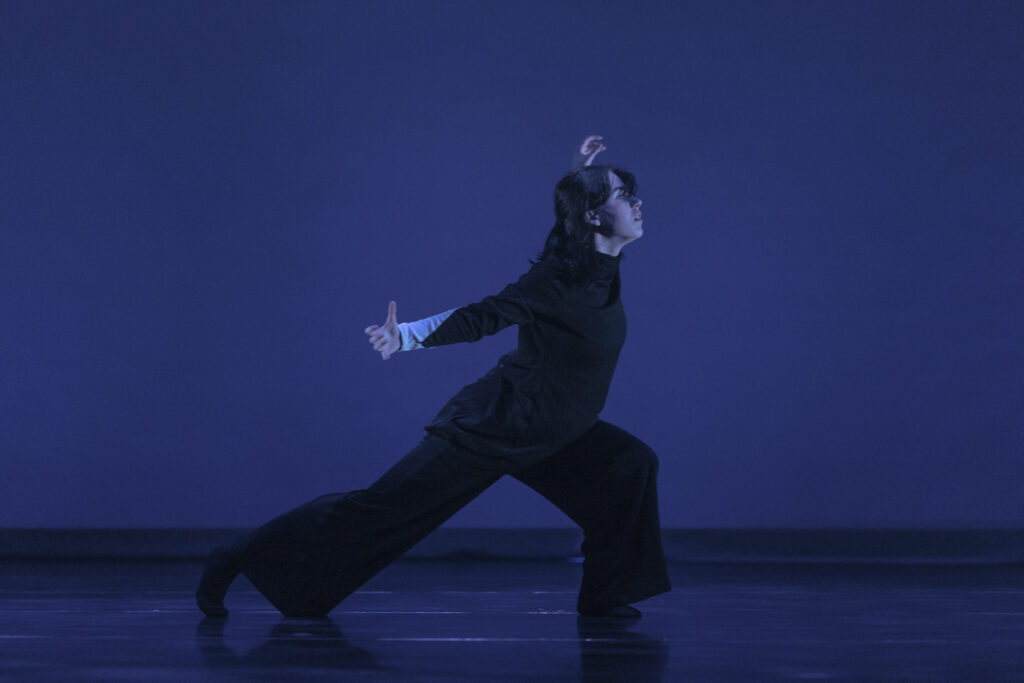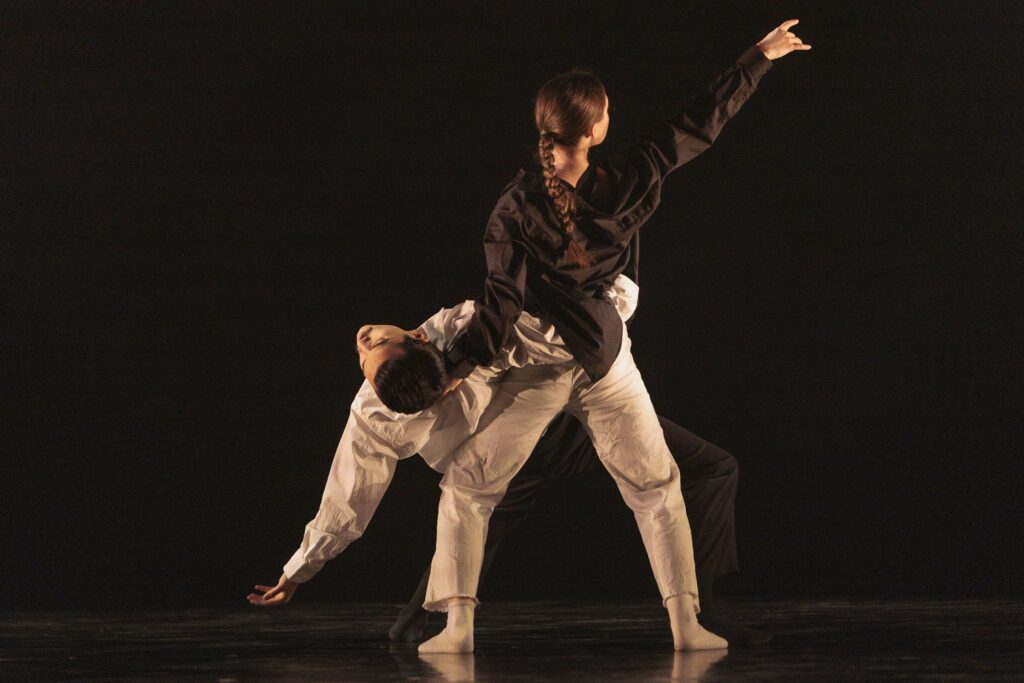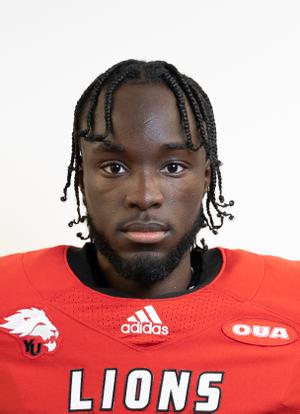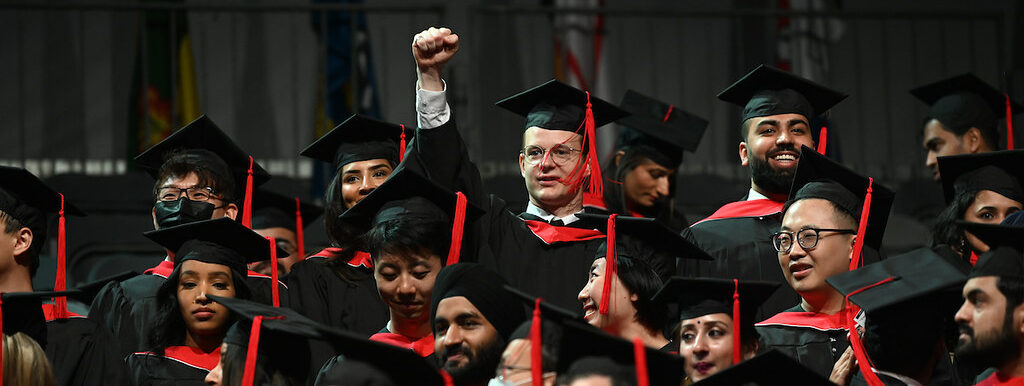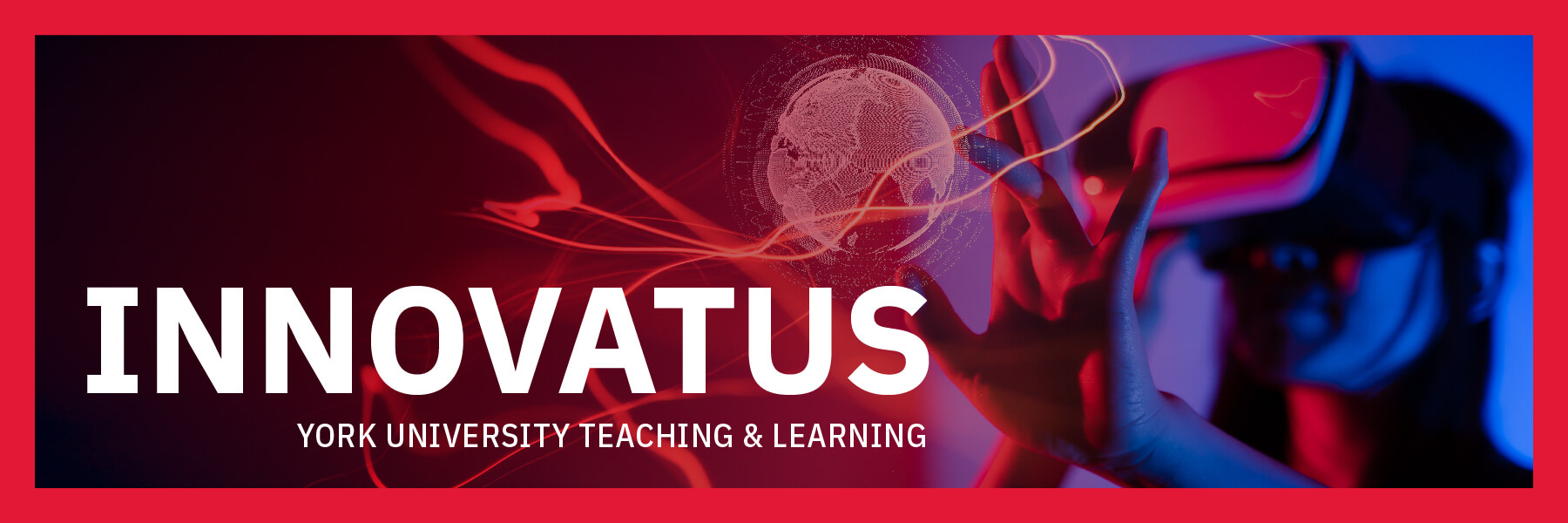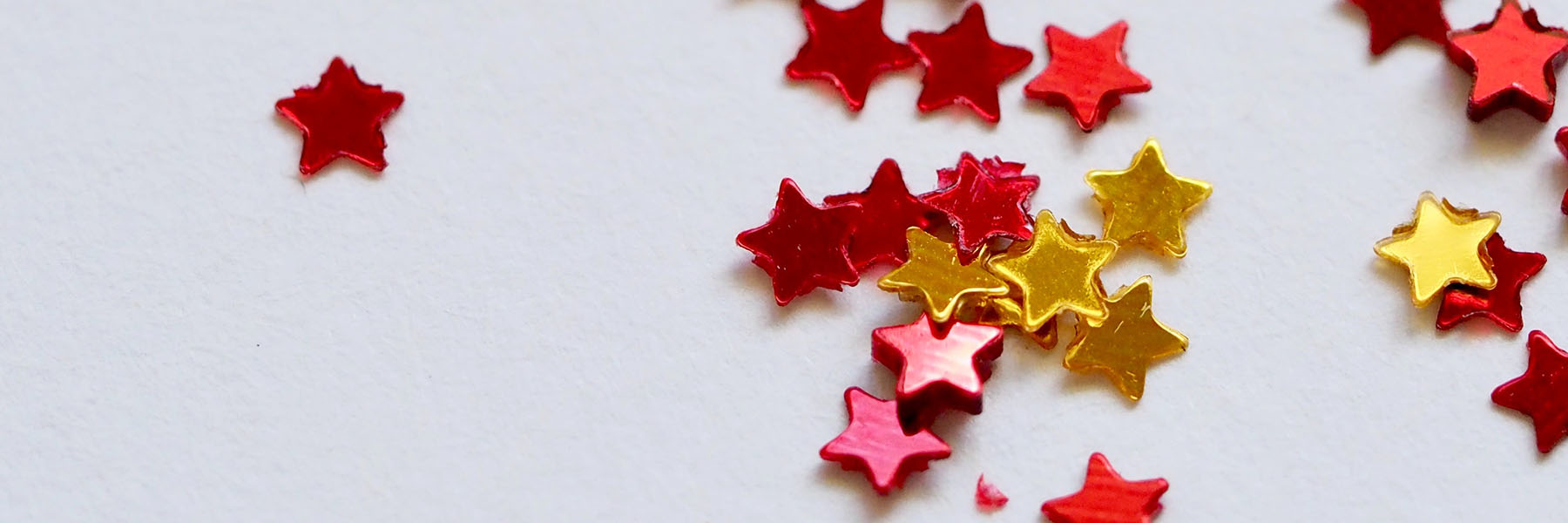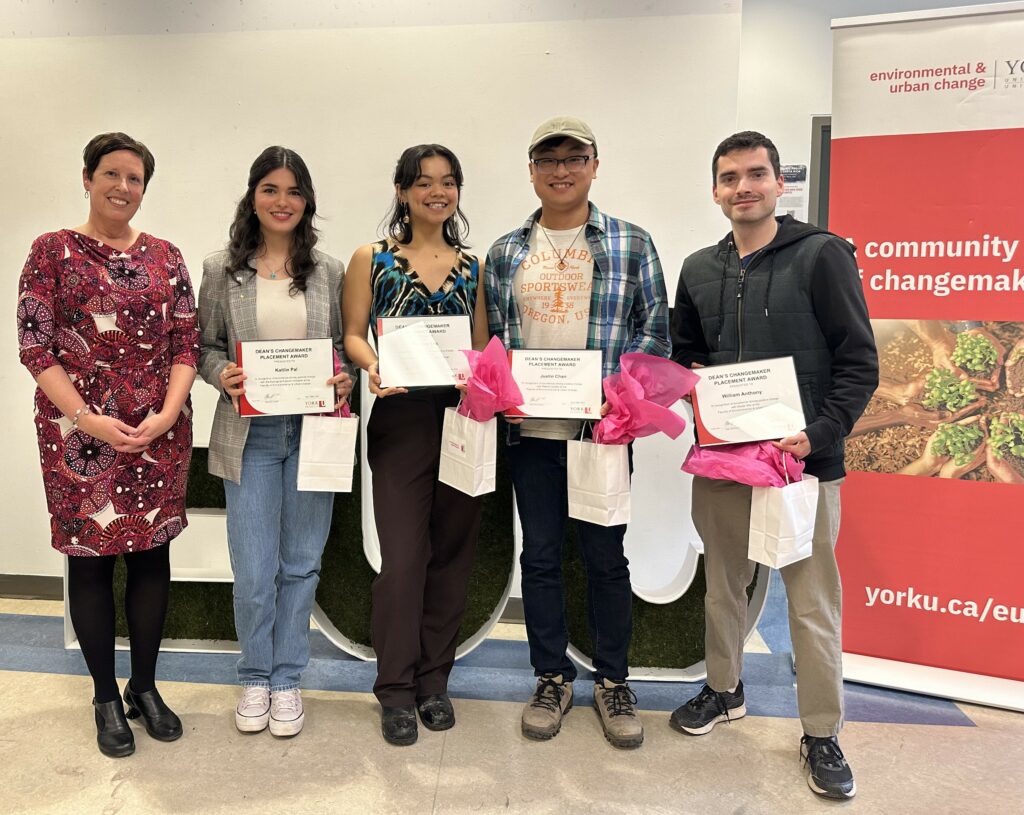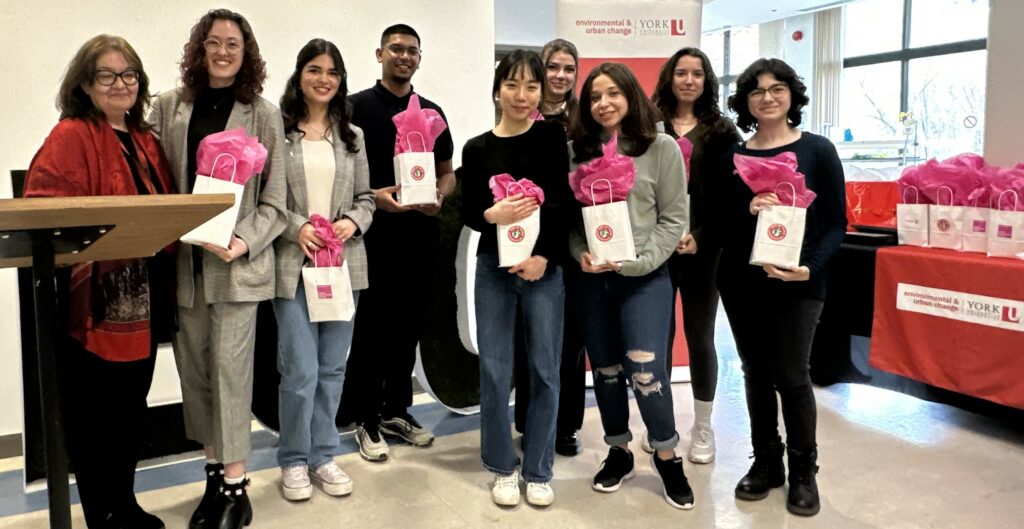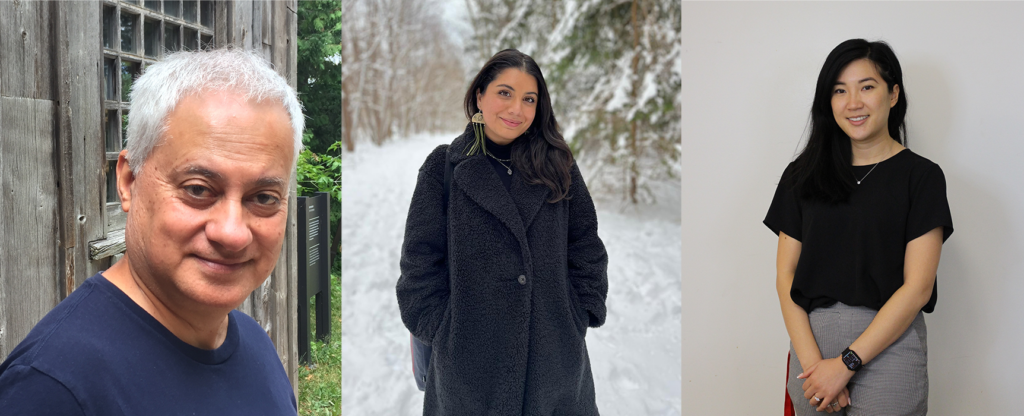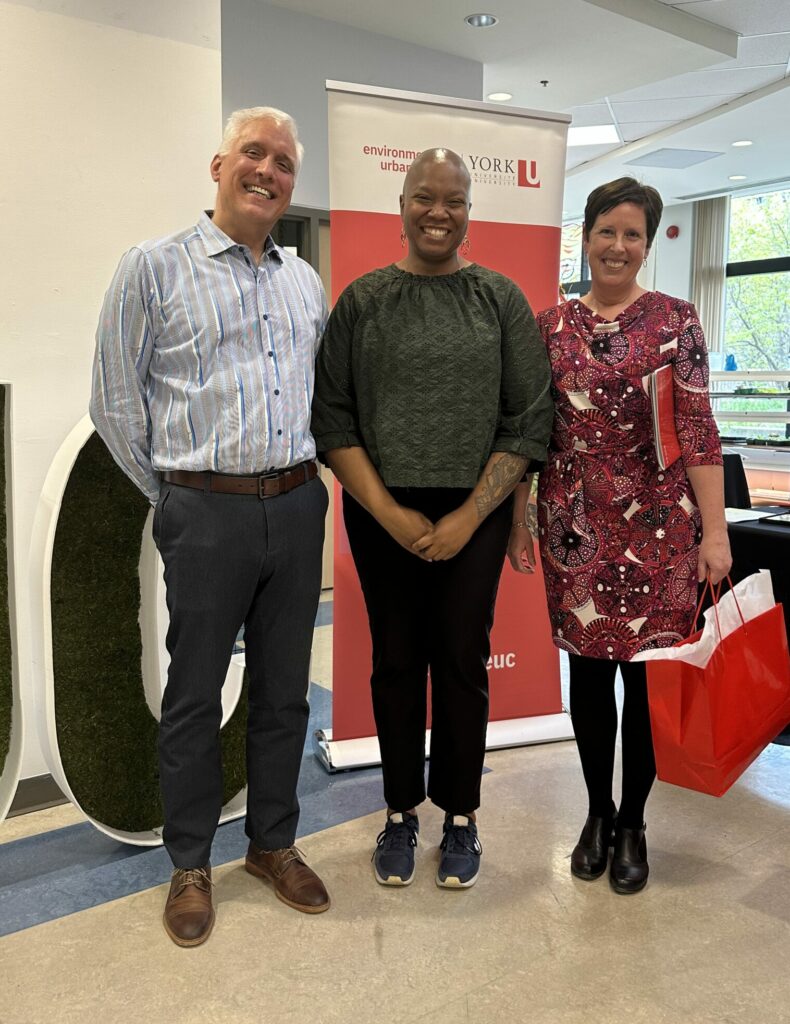Sarah Hancock, an artist-researcher and undergraduate student at York University’s School of the Arts, Media, Performance and Design (AMPD), is using data to bring awareness to the harassment experienced by scholars when sharing their work in online spaces. Her work is part of an exhibit running through Congress 2023.
When conceiving her artistic vision, Hancock was inspired by a York University Libraries-led co-curricular workshop she attended that was part of a series on data literacy, research computing, digital methods, research skills and media creation.
Taught by librarians Alexandra Wong and Priscilla Carmini, the workshop “Crochet Your Way to Data Fundamentals,” combined maker and data literacies through experiential learning. With crocheting, it brought data to life through the act of data physicalization, aiming to help students explore, understand and communicate data using physical representations while introducing participants to a research creation modality.
The goal was to not only teach students to crochet and create a physical item visualizing temperature data change in Toronto, but to also purposely foster diversity and inclusivity, and build confidence to engage with data. Student participants interacted with local temperature data, reflected, and chose how the use of different yarn colours could best encode the data to communicate data creatively. The workshop offers an introduction to the Maker Literacy programming that will extend to Markham Campus Library’s Data Visualization, Makerspace, Media Creation and Extended Reality (XR) and Gaming spaces.
Using this data visualization skill, a team of researchers has collected stories from graduate students, known as “storytellers,” on their experiences facing harassment due to their research. The team and resulting exhibit, both titled “Bearing Witness: Hate, Harassment and Online Public Scholarship,” are led by Alex Borkowski and Marion Grant, both PhD candidates in the Department of Communication and Culture in the Faculty of Liberal Arts & Professional Studies, supported by Associate Professor Natalie Coulter, director, Institute for Research on Digital Literacies. The project will be displayed as part of a larger exhibit during Congress 2023.

The exhibit invites three artist-researchers to interpret the interviews and create artistic pieces that allow viewers to experience first-hand research harassment. It is part of an ongoing effort by the Bearing Witness team to establish a research community focused on addressing scholar harassment by providing a safe space for students to voice their experiences, and to highlight the need for institutional change and support.
“My installation is meant to be a space of confrontation. I wanted to highlight the ambiguity of the media’s usefulness in our society,” says Hancock.
She explains that she views data physicalization as a bridge between data and comprehension.
“The first reason I decided to use data physicalization is that I wanted a relevant medium and an art form that could highlight their identity as a researcher, yet humanize their work,” says Hancock.
Wong and Carmini led a consultation with Hancock to discover and understand the existing data for online researcher harassment. Although the topic is under-researched, the Libraries were able to support Hancock in finding an academic survey with data the artist could isolate to compare the victimization of researchers with a monthly online presence versus researchers without a monthly online presence.
“I settled on this data because it demonstrates how removing one’s online presence is not a solution, it promotes erasure and demonstrates that online harassment is independent of the researcher’s online usage,” says Hancock.
Leveraging the expertise of Wong and Carmini, Hancock chose to create her data physicalization as two stacks of cease-and-desist letters to represent the victimization of researchers with and without an online presence. Blending mediums, Hancock crafted a physical “online troll” with a QR code linking to a video simulating the threat of online harassment.
“We are really excited that a small spark of inspiration from our data physicalization workshop could snowball into an ongoing discussion on data and research skills, and finally to being part of an exhibit bringing light to an important topic like researcher harassment,” says Wong. “It really shows the potential of creative teaching pedagogies and the strengths of the Libraries’ support throughout the research lifecycle. Through our participatory workshop, we were able engage Sarah to see data in a new light, which led her to her art exhibit project where we could help her to continue to build her research skills; it was very rewarding to assist Sarah’s learning to critically read academic articles, understand how to read complex statistical analyses to retrieve the data she desired, and then to transform that data into a physicalization.”
Borkowski says the current guidance when encountering harassment online is insufficient.
“Researchers are told to respond to harassment by making themselves smaller, like to use a pseudonym, or to not share on Twitter, which is very detrimental, because so much about being a graduate student is about building a public profile and building a network. It also has the result of limiting what research is allowed to take place, which perspectives are silenced, and which are permitted to be shared. We’re really trying to highlight the stakes of the issue, not only for individuals, but for academia more broadly,” says Borkowski.
The Bearing Witness exhibit will be on display from May 27 to June 2 from 10 a.m. to 5 p.m. daily in the Special Projects Gallery in the main lobby of the Joan and Martin Goldfarb Centre for Fine Arts at York University (86 Fine Arts Rd., North York).
More information for this project, exhibit and related Congress panels can be found here.
For more information on York University Library workshops, visit https://yorku.libcal.com/calendar/libraryworkshops/. To learn more about the data physicalization workshop, visit https://yorku.libcal.com/event/3706464.


